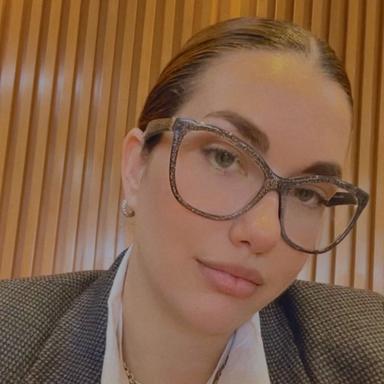We were atSeminar "Intangible cultural heritage", A proposal driven by national deputy Hernán Lombardi and dictated in the Auditorium of the Honorable Chamber of Deputies of the Nation on 20 October. A seminar focused on the importance of Argentine experience and this as a fundamental element for cultural cohesion and collective identity. For this, the three UNESCO-declared ICPs were approached: tango, portenho fillet and I will call it.
Lombardi, President of the Culture Committee, stressed the bill that proclaims the management and safeguarding of incorporeal cultural heritage, as in turn, the creation of the national register of immaterial cultural heritage. This is how we seek to preserve those elements that are transmitted from generation to generation to thinking about a future from our own roots. Understanding that the identity constitution is fundamental to Argentine cultural development. The list of dissenters that they put in the seminar includes:
- Liliana Barela, Storyteller
- Rolando Roberto Rubio Cifontes, Degree in Archaeology
- Mercedes González Bracco, Doctor in sociology and researcher
- Gustavo Mozzi, Compositor, artistic producer and cultural manager
- Carla Algeri, bandoneonist and composer
- Gabriela Basualdo, Director of International Relations in the Government of the Province of Corrientes

For UNESCO, heritage is this cultural legacy we have received from the past, which we live in the present and which will be transmitted to future generations. In 1972 the Convention for the Protection of the Cultural and Natural World Heritage was established, where it is established that certain places have an exceptional universal value and belong to the common heritage of humanity. However, cultural heritage is not limited to collections of objects and monuments, but also comprises living expressions inherited from our ancestors.
To give a theoretical framework to the question I chose Susan Wright. The social anthropologist, a professor in Cultural Studies at the University of Birmingham, has investigated political culture and governance processes in the UK and Iran. It is who conceives the old meaning of culture as “It is every complex that includes knowledge, beliefs, art, morals, laws, custom and any other capacity and habit acquired by man as a member of society.” While new ideas of culture understand that " Cultural identities are not inherent, defined or static: they are dynamic, fluid and situationally built, in places and particular times. Multiple identities are constantly negotiated, there is no definite culture, consensuated as authentic.” For Wright, creativity, experimentation, innovation and dynamics of progress consists of a diversity of different entities with clear limits. Human civilization depends on creative diversity.

Carla Algeri, explaining why there is no tango without a bandoneão, an irremlotable piece of Argentine cultural heritage.
Retreating some of these disertantes and uniting them with this new concept of culture, we understand that repertoires or cultural elements symbolize an epoch, are a historical archive that allows us to sharpen the national identity account. But, as culture is also movement, it forces us to think of this vanguard that will later design the future. The tensions between the foundation and the innovator demonstrate the validity of these traditions, which is why it is called evolving heritage. It is crucial to understand the community, the link with its practice and the transmission process. For this, public policies should be proclaimed to help the involvement of different actors in a collective construction project that favors cultural development.
I must say, that little has been commented on the role of young people in preserving this kind of traditions and how they must be necessary participants of the transition between generation and generation. In an auditorium of about 70 people, the only person under 45/50 years old was the one who presents this information to them. Therefore, this makes the non-protagonism of the new generation in this process and the marginal place that the society of our parents or grandparents gives “new culture”.
In the way of closure, I invite you to reflect and understand that the preservation of cultural values binds us to what we were, what we are today, but above all to what we can be.




Comments